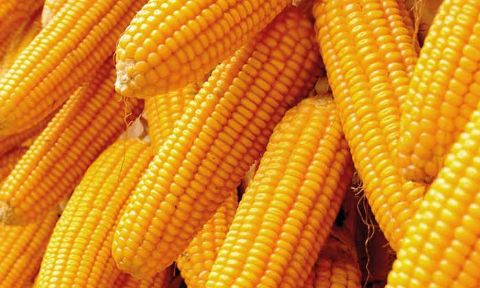Chemical fertilizers are expensive. Organic fertilizers are cost-free if you prepare the organic compost by yourself. Then aside from saving money by making your own organic fertilizer, your health also benefits for non-exposure to the adverse effect of chemicals. This is the big benefit to man for learning to make compost for their gardens.
Benefits in the use of compost as far as men are concerned can be summarized as follows:
• Men avoid exposure to chemicals that are incorporated in the traditional commercial fertilizers.
• Composting helps men control the household wastes.
• Men save money by making compost. Even if this natural compost is bought, it is less expensive.
• The use of organic fertilizer lessens the need for more landfills.
• Compost production benefits Mother Earth as it reduces methane emission from the landfills.
• It brings down carbon footprints.
Here are the benefits derived by the garden soil and plants when organic compost is used.
Organic compost increases available nutrients.
Organic compost is actually a substitute for the chemical fertilizers. When wastes and disposable organic materials are used for compost, the resulting fertilizer is among the best kinds. Soil food web is created. A beneficial community of organisms is formed. The micro-organisms such as earthworms, beetles and creepy crawling critters are vital contributors to healthy soil or humus that will improve the yield in crops.
In addition to the soil food web, the soil is improved because of the nutrients contained in the natural compost. The compost supplies the soil with macronutrients such as nitrogen, phosphorus and potassium; this becomes the NPK fertilizer that is comparable to the chemically produced traditional soil enhancers. There are also micronutrients in the compost so it contains copper, manganese, iron and zinc. All these nutrients will be absorbed by the roots of the plants for distribution to all the plant parts for healthy and productive growth.
Compost improves soil pH and soil structure
The addition of organic compost to the ground will neutralize the pH level of the soil. When this happens, the soil will have optimum ability to hold the nutrients for the use of the plants.
Compost also helps improve the soil structure. The types of soil are clay, silt and sand. If the soil is clay-like, the roots will have a hard time getting the nutrients thus the plants cannot maximize its growth because it will be lacking in supply of nutrients. If the soil structure is sand, the plants grown in it will also lack nutrients because the nutrients will go with the water down under the soil and thus would not be reached by the roots.
Reduces water use
The use of natural compost will naturally fertilize the soil. Nutrient filled, the soil will be able to hold or retain moisture. As a consequence, you will need lesser amount of water for your garden. On a larger scale, the use of natural compost in high areas will help prevent soil erosion. When used in sandy type of soil, the compost will help in moisture dispersion where water can be laterally distributed to a bigger area instead of just going down the sandy soil.
Natural compost prevents plant diseases.
Soil that had been treated with organic compost tends to grow plants that are less susceptible to plant diseases and pest infestation. Compost is a way to control the diseases and thriving of insects in the plants.
In essence the organic compost has beneficial effect to man, the environment, our planet, the soil and the plants. You will notice that most of the benefits accrue to the garden soil which will ultimately benefit the crops grown on the improved ground.





Leave A Comment